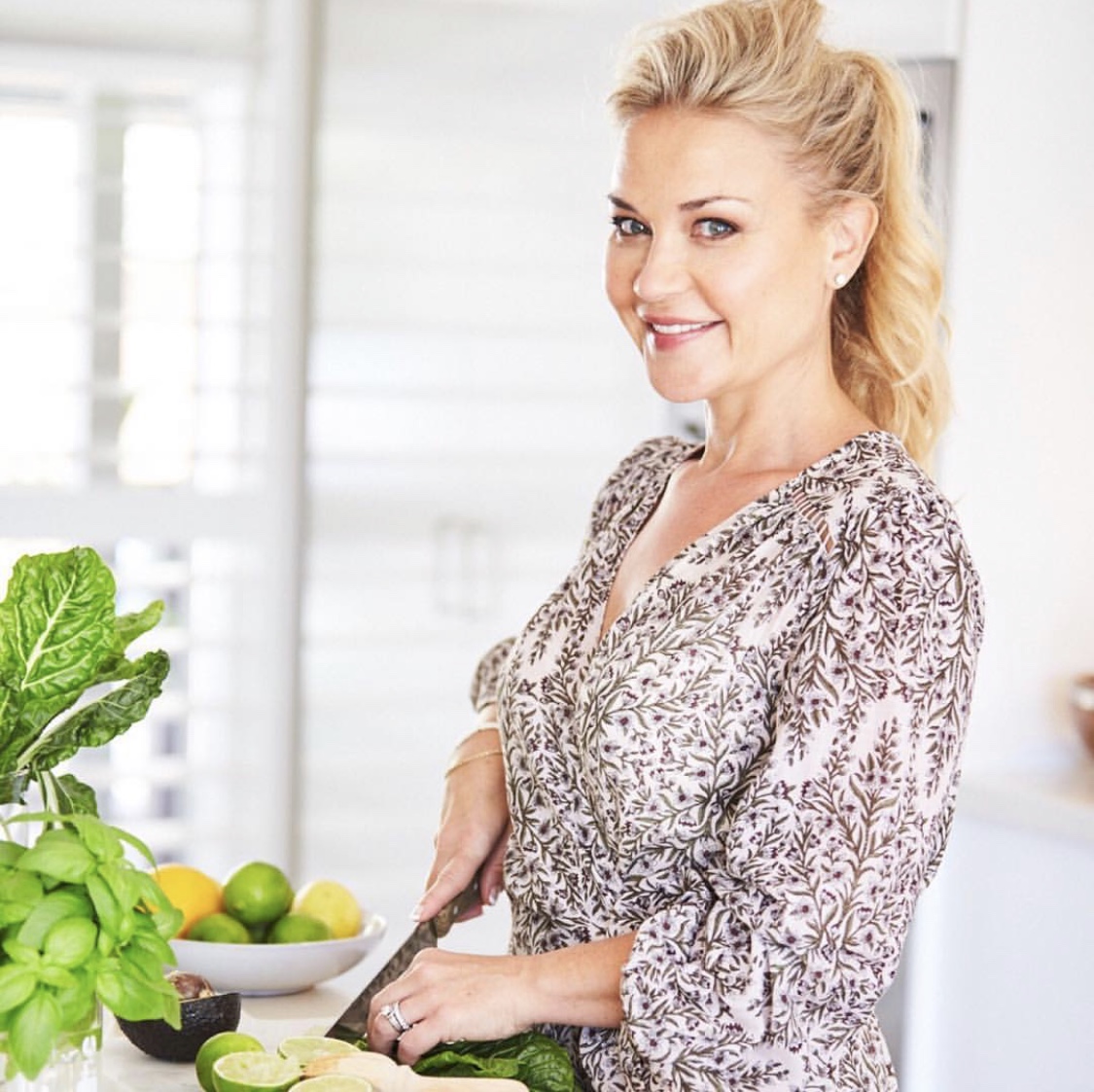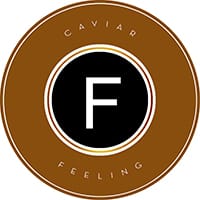Before making any significant changes to your diet, it is important to seek professional help to ensure a healthy, well-balanced diet is being followed, shared with us Fiona Tuck who takes nutrition differently from a forensic way and often challenging approach into all things nutrition and skincare. That’s why she backs eating a diet that is based on nutrient-rich whole foods, high in plant foods and low in processed foods and free from toxic chemicals allowing our bodies the necessary nutrients we need for health and longevity.
You”ll also like this:
What Is Slugging And Should You Try It?
12 Best Body Oils For Glowing Skin
5 Clever Ways To Save Money In 2022

Any diet that cuts out major foods can put the body at risk of nutrient deficiencies. A vegan diet does not contain any animal or animal-derived foods which does put the body at risk of certain nutrient deficiencies if these nutrients are not replaced via alternate sources. Vegans need to make a conscious effort to consume foods that will replace the nutrients that will have been lost by cutting out particular foods.
For example, cutting out animal protein would require replacing protein from plant sources such as chickpeas, lentils, tofu, tempeh etc.
A vegan diet can be low in nutrients that are naturally found in animal products such as Vitamin B12, therefore, you need to be aware of your intake of some specific nutrients.
The Key Nutrients to be Aware of are :
Vitamin B12
Vitamin B12 is found in animal foods. The only reliable vegan sources of B12 are foods fortified with B12 (including some plant milk, nutritional yeast, some soy products and some breakfast cereals) and B12 supplements. Prior to taking any vitamin supplements, it is important to seek professional help to ensure you are taking the right supplement and dose.
Iron
There are plenty of plant foods that contain iron such as legumes, tofu, some whole grains, dried fruits and dark green leafy vegetables however it is in the form of non-haem iron and therefore not as easily absorbed as haem iron found in animal foods.
Vegans can boost the absorption of plant-based iron by including vitamin C-rich food with meals.
E.g. berries, citrus fruit, kiwi fruit, capsicum, cauliflower, tomatoes and broccoli. Avoid drinking tea and coffee with meals as this can hinder iron absorption.
Omega 3 Essential Fats
These are essential to our health and must be consumed via our diet. Oily fish such as sardines, mackerel, salmon and tuna are good sources of omega 3 which are excluded on a vegan diet. Plant-based omega 3 essential fats include flaxseeds, walnuts and chia seeds however the body has to convert these to a usable source and the conversion rate is low.
An omega 3 supplement may, therefore, be needed. There are vegan omega 3 supplements available sourced from microalgae.
Supplementation with omega-3 fats may be a particularly important consideration for children and those who are pregnant or breastfeeding, due to the role of omega-3 fats in brain health. Always seek professional guidance prior to taking any supplementation.
Calcium
Dairy (not included in a vegan diet) such as milk, yoghurt and cheese is a good source of calcium however there are some good plant sources of calcium such as calcium-fortified soy or almond milk, firm set tofu, raw almonds, unhulled tahini and green leafy vegetables like kale and bok choy.
Nutrient requirements vary at different stages in life particularly during pregnancy, infancy, childhood and adolescence therefore going vegan during this time without professional guidance is not something that is recommended.
With careful planning, those following a vegan or vegetarian diet can cover all their nutrient bases, but when not planned carefully nutritional deficiencies may develop.
Many people feel amazing when they first switch to a vegan diet due to the increased vegetables, nutrients and fibre in the diet. Over time however if all nutrient requirements are not being met, nutrient stores can become depleted potentially leading to fatigue and poor health. A vegetarian diet which includes dairy and eggs puts one at less risk of nutritional deficiencies however getting enough B12 and iron may still be challenging.
It is important to note that just because someone is vegan doesn’t mean to say they are automatically not eating properly.
There are many people that follow a carefully planned vegan diet that is fit and healthy. Likewise, there are many people that are not vegan that eat a very unhealthy diet. We need to be mindful with labels and judgements and take every case as an individual. Including more plants in the diet such as a variety of different coloured vegetables, fruit, whole grains and even choosing meat-free meal options a couple of times a week can help weave in some vegan choices without completely cutting out all animal products.
The best way to know if your diet is healthy is to seek professional help from a certified nutritionist.
You”ll also like this:
What Does A Keto Meal Plan For A Day Look Like?
The 13 Best Products To Treat Dry Scalp
How to Reduce the Spread of Infections?








Leave a Comment